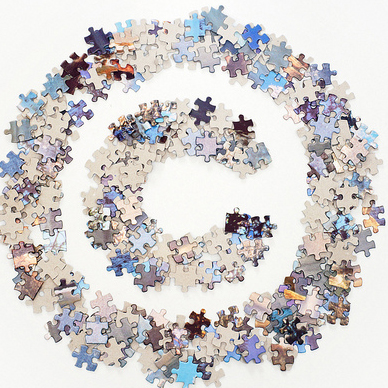Over the last week or so, The Chronicle of Higher Education has written a number of posts detailing some of the battles universities face with regards to copyright issues. Conflicts about copyright are nothing new, and even though there are exceptions for classroom usage for copyrighted material, there's still plenty of confusion about what constitutes acceptable use -- and what's "Fair Use" -- for educational purposes.
According to The Chronicle, confusion about copyright law and fears about lawsuits from publishers and rights owners means that millions of pieces of content are "locked away" -- unavailable for researchers and students. This includes both physical and electronic records, but as Marc Parry notes, it's also preventing many institutions from digitizing their archives and/or making that content available online.
Part of the problem stems from copyright law that pre-dates these digitization efforts and part of it comes from the so-called "orphan works" -- those in which the copyright owner cannot be located. And of course part of it stems from the fact that copyright law is simply confusing, and as The Chronicle points out, many schools opt to err on the side of caution, keeping materials unavailable rather than risk lawsuits.
Several schools are already facing lawsuits due to alleged copyright infringement, including UCLA and Georgia State University. In the case of the latter, it's the practice of "course reserves" that has the university in hot water -- making materials for students available via the library's electronic reserves. In a post on Duke University's scholarly communications blog, Kevin Smith, the university's scholarly-communications officer, describes the publishers' request to limit how much material can be posted to library e-reserves as "a nightmare scenario for higher education."


